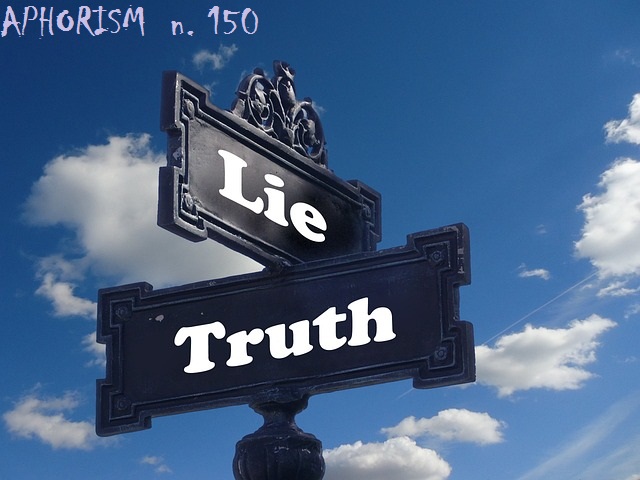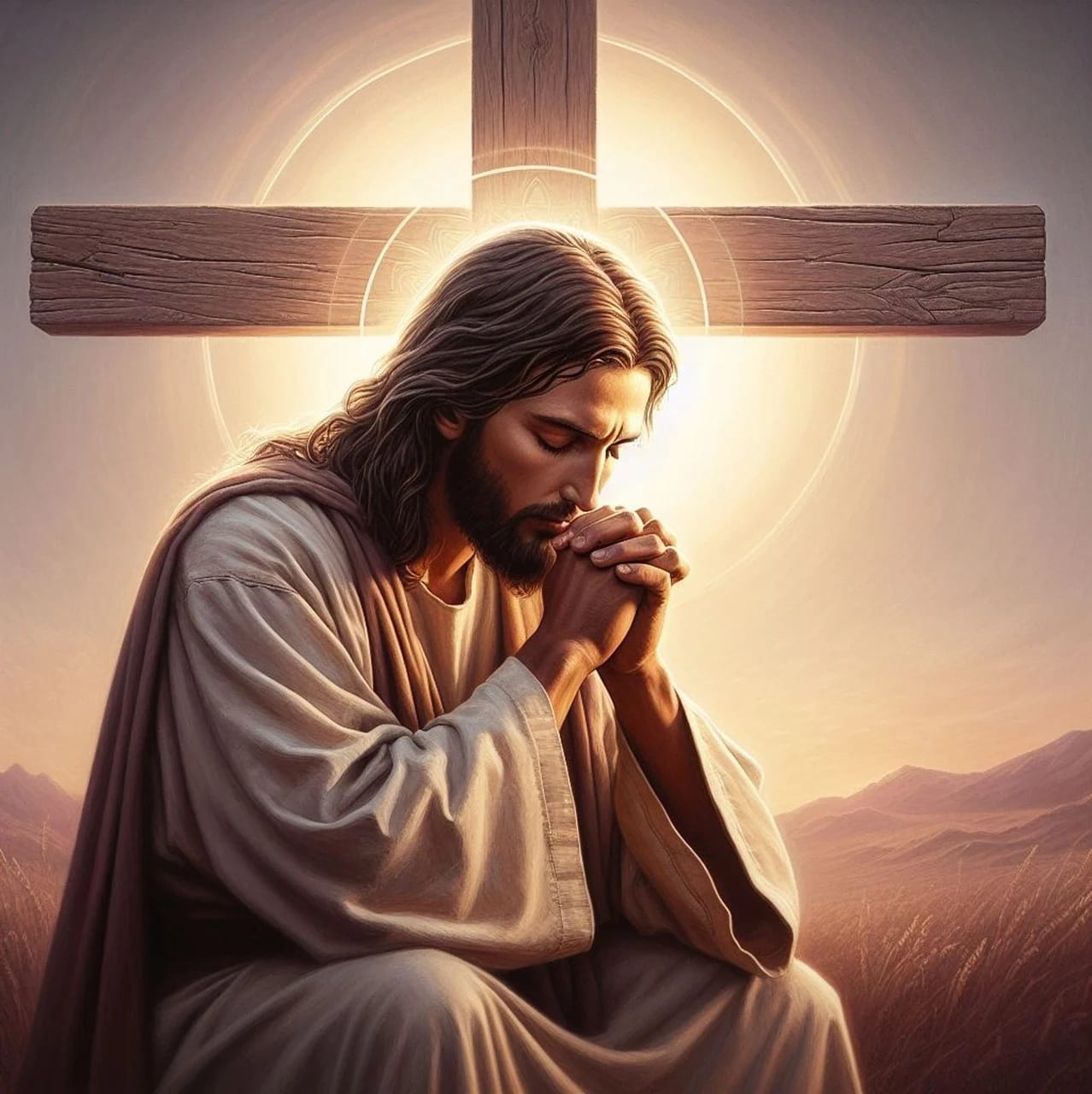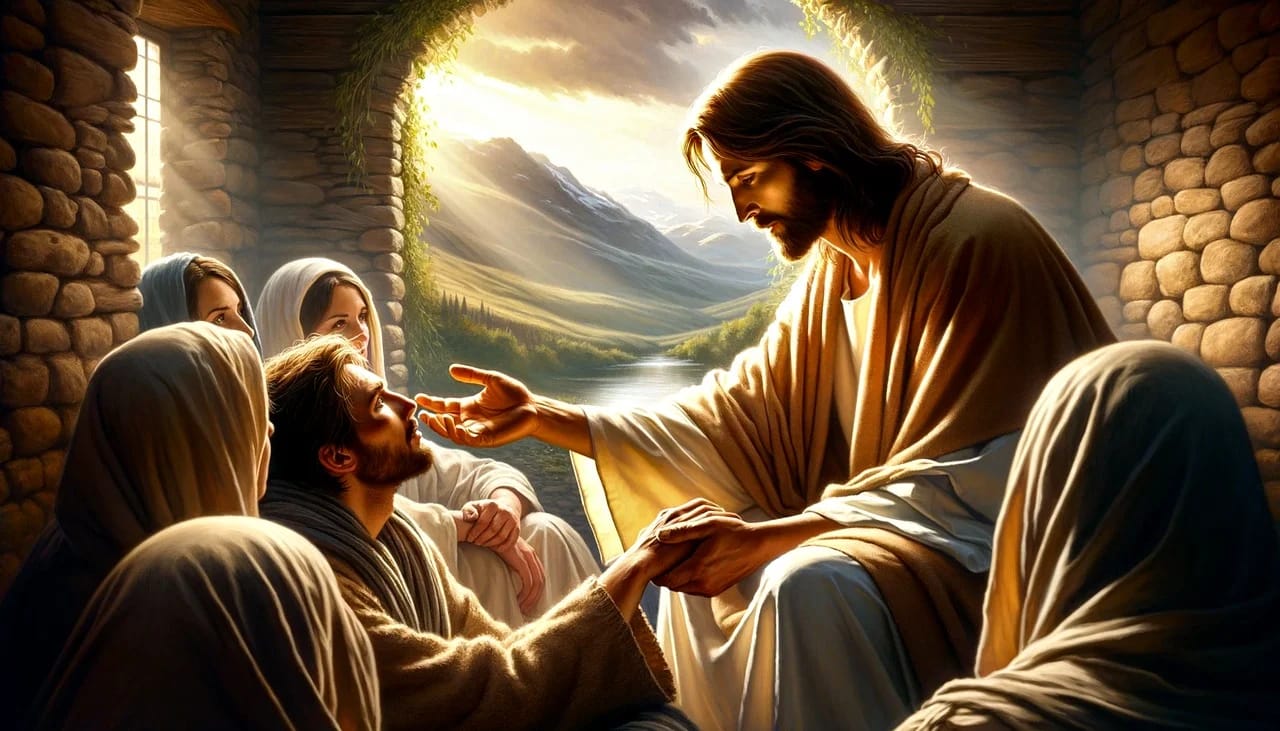Maria
Valtorta – Notebooks - March 5, 1944:
My
MARTYRS have been keen to fulfill their mission and the ministry received from
Me, to sanctify the world and bear witness to the Gospel.
Jesus says: “O you Christians of the twentieth century,
who listen to the stories of MY MARTYRS
as if they were fairy tales, and say to yourselves: “It can’t be true! How can
it be? After all, they too were men and women! This is legend”. Know that this is NOT legend. But it’s History. And if you believe in
the civic virtues of the ancient Athenians, Spartans, Romans; and feel your spirit exalted by the heroism and greatness of the civil heroes… why don’t you want to believe in these supernatural virtues, and don’t feel your spirit exalted and
spurred to select imitation by the
story of the greatness and heroism
of My heroes? After all, you say to
yourselves… they were men and women.
Of course. They were men and
women. You speak a great truth… and
you give yourselves a great
condemnation. They were men and women, and you are brutes. Degraded
from the likeness to God, from the
sonship of God, to the level of
animals guided only by instinct and related to Satan. They were men and women.
They had returned to being “men and women” through Grace, just as they were the First and
the First in the Earthly Paradise. MY
MARTYRS have persisted to carry out their mission and the ministry received
from Me, to sanctify the world and bear witness to the Gospel. They were concerned with nothing else. They, through the Grace living in them, and protected by them with a care that they didn’t
give to the pupil of their eye, and to the life that they threw away with
cheerful promptness, knowing that they were throwing away a corruptible spoil,
to acquire an incorruptible one of infinite value, had returned to being “men
and women”, no longer brutes.
And as men and women, children of the heavenly Father, they lived and acted. As Paul says, they “coveted no gold, nor silver, nor clothing
from anyone” …but rather they let themselves be stripped and voluntarily stripped themselves of all riches, even life “to follow Me” on Earth and in Heaven.
“With their own hands” as the apostle always says “…they provided for their own
needs and those of others” they gave Life
to themselves, and brought others to
Life. “By working they have helped the sick” of that terrible infirmity, which is living outside the true Faith; and they
have spent all of themselves for this purpose by giving affection, blood, life,
toil, everything, remembering My words
that I said to you three days ago: “To give is to receive”, “To give is better than to receive”,
those words that today, when I made you
open the Book to chapter 20 of the Acts and to the 35th verse, you read
with a start, because you remembered having heard them recently, and you ran to
look for them.
And when you found them… you cried; because you had confirmation that it’s I who speaks. Yes, it’s
Me. Don’t be afraid. You don’t even realize what truths you become a channel
of. Like the little bird on the
branch, that happily sings that song,
that for millennia God has placed in its little throat,
and doesn’t know why those given notes come out and not others, and doesn’t
know to say with them his name and the name of his Creator, so you repeat that Word that speaks in you… and you don’t even know how profound it is
in its enunciations. But stay like this:
...little girl. I love children so much. You have seen it. You have never seen Me laugh, except with them. They were for Me my joy as a Man. The Mother and the Disciple, my joy as a Man-God and as a Master. The Father, my joy as God.
But children are My joyful relief, on the Earth so bitter. Stay like this: …little girl. Your Savior,
slapped by so many men, needs to refresh
His cheeks, on the cheeks of
children. He needs to rest His forehead, on heads that are loving and without malice. Come, little John, to your Jesus. And always remain a child to Me. The Kingdom of
Heaven, belongs to those who know how to have the soul of a child, and
welcome the Truth with the trusting readiness of a child. It’s Me, do not fear. I who speak to you
and bless you. Go in peace, little
John. Tomorrow I will send you John”.
--------------------------
Maria Valtorta – Quaderni - 5 marzo
1944:
I miei MARTIRI hanno tenuto a compiere
la loro missione e il ministero ricevuto da Me, di santificare il mondo e
rendere testimonianza al Vangelo.
Dice Gesù: “O voi cristiani del ventesimo secolo, che ascoltate come racconti
fiabeschi le storie dei MIEI MARTIRI e
vi dite: “Non può esser vero! Come lo può essere? Infine, erano anche essi
uomini e donne! Ciò è leggenda”. Sappiate
che ciò non è leggenda. Ma è Storia.
E se voi credete alle virtù civiche degli antichi ateniesi, spartani, romani, e
vi sentite esaltare lo spirito per gli eroismi
e le grandezze degli eroi civili,
perché non volete credere a queste virtù
soprannaturali e non vi sentite esaltare lo spirito e spronarlo a eletta
imitazione al racconto delle grandezze e degli eroismi dei Miei eroi?
Infine, vi dite, erano uomini e donne.
Sicuro. Erano uomini e donne. Voi dite una grande verità… e vi date una grande condanna. Erano uomini e donne,
e voi siete dei bruti. Dei degradati dalla somiglianza con Dio, dalla figliolanza di Dio, al livello di animali solo guidati dall’istinto
ed imparentati con Satana. Erano uomini e donne. Erano tornati “uomini e donne” per mezzo della Grazia, così come erano il Primo e la Prima nel Terreste Paradiso.
I MIEI MARTIRI hanno tenuto a
compiere la loro missione e il
ministero ricevuto da Me, di santificare il mondo e rendere testimonianza al Vangelo. Di
nessun’altra cosa si sono preoccupati. Essi,
per la Grazia vivente in loro e da loro
tutelata con una cura quale non davano per la pupilla dei loro occhi e per
la vita che gettavano con ilare prontezza, sapendo di gettare corruttibile
spoglia per acquistarne una incorruttibile di infinito valore,
erano tornati “uomini e donne”, non più bruti.
E da uomini e donne, figli del Padre celeste, vivevano
e agivano. Come dice Paolo, essi
“non hanno bramato né oro, né argento, né vesti da alcuno”, ma anzi si sono fatti spogliare e si sono volontariamente spogliati di ogni
ricchezza, fin della vita, “per
seguire Me” sulla Terra e nel Cielo. “Con le loro mani” sempre
come dice l’apostolo, “…han
provveduto al bisogno loro e di altri”, hanno dato la Vita a sé, ed hanno portato
altri alla Vita. “Lavorando hanno soccorso
gli infermi” di quella tremenda infermità
che è il vivere fuori della vera Fede, e hanno tutto se stessi prodigato a
questo scopo dando affetti, sangue, vita, fatiche, ogni cosa, ricordando le
parole Mie che ti ho detto tre
giorni or sono: “Dare è ricevere”, “Dare è meglio che ricevere”, quelle
parole che oggi, quando ti ho fatto aprire il Libro al capo 20 degli Atti e al
versetto 35°, tu hai letto con un sussulto, perché hai ricordato di averle
udite da poco, e sei corsa a cercarle.
E trovatele hai pianto,
perché hai avuto una conferma che sono Io che parlo. Sì, sono Io. Non temere. Tu neppure te
ne accorgi di quali verità divieni canale. Come l’uccellino sul
ramo che canta felice quel canto, che da millenni Dio ha messo nella sua piccola gola, e non sa perché escono quelle
date note e non altre, e non sa di dire con quelle il suo nome e il nome del suo Creatore, così tu ripeti
quella Parola che parla in te e non
sai neppure quanto essa è profonda nelle sue enunciazioni. Ma resta così: …bambina. Amo tanto i bambini. Lo hai visto. Non m’hai visto ridere altro che
con essi. Essi erano per Me la mia gioia
d’Uomo. La Madre e il Discepolo, la
mia gioia d’Uomo-Dio e di Maestro.
Il Padre, la mia gioia di Dio.
Ma i bambini il Mio sollievo giocondo, sulla Terra tanto amara. Resta così: …bambina. Il tuo Salvatore, schiaffeggiato da tanti uomini, ha bisogno di rinfrescare le sue gote, sulle gote dei bambini. Ha bisogno di appoggiare la Sua fronte, su dei capi che sono amorosi e senza malizia. Vieni, piccolo Giovanni, dal tuo Gesù. E restami sempre bambina. Il regno dei Cieli è di chi sa avere un’anima di fanciullo, ed accogliere la Verità con la fiduciosa prontezza di un fanciullo. Sono Io, non temere. Io che ti parlo e ti benedico. Va’ in pace, piccolo Giovanni. Domani ti manderò Giovanni”.
#MariaValtorta #mariavaltorta
#Gospel #Vangelo #Jesus
#Gesù #Cristiani #Christians
#HolyMary #MariaSantissima






















